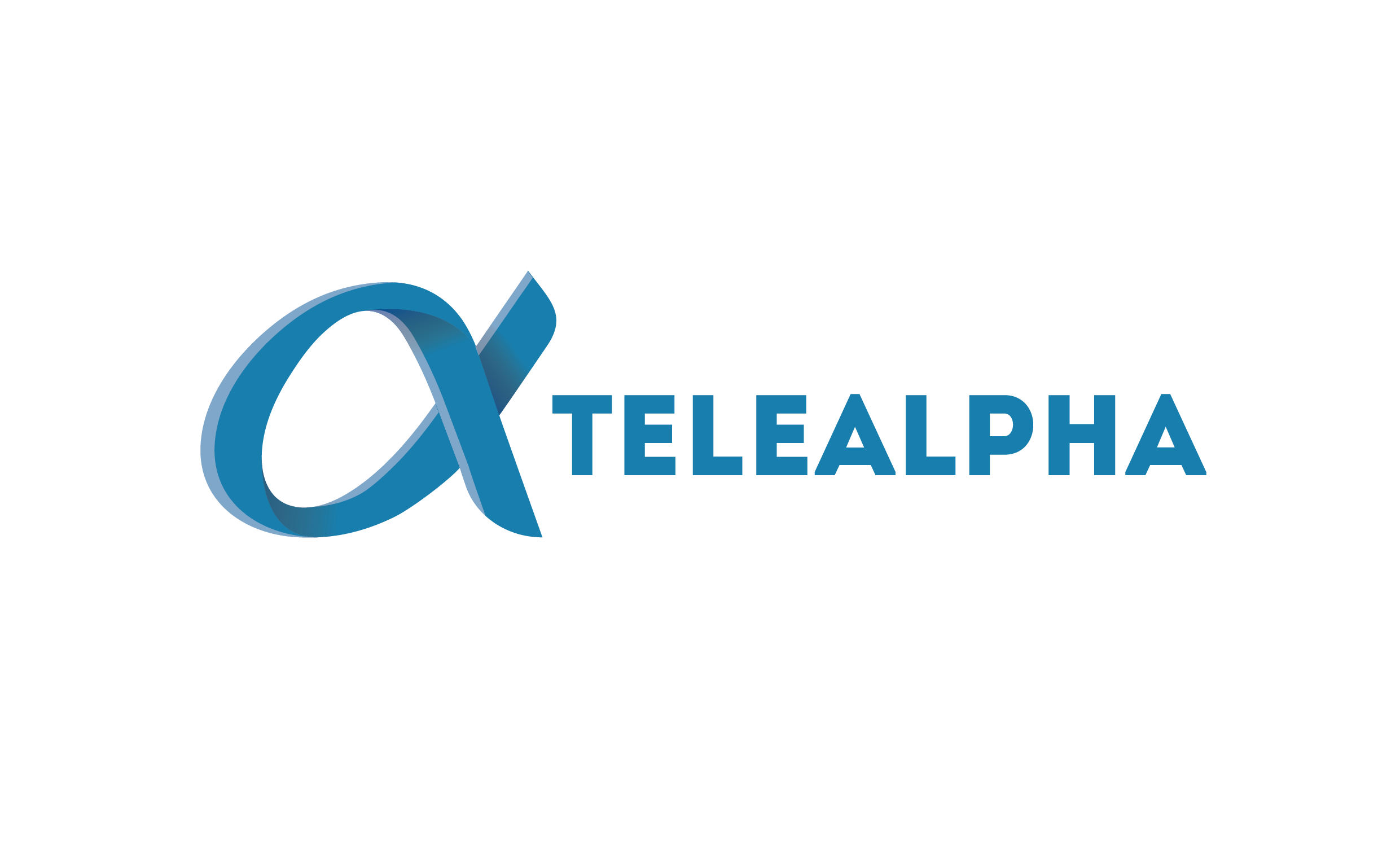Unified gateway to Internet access (UGIA)
Internet via Unified gateway to Internet access (UGIA): who needs it?
Society has benefitted from instant payments, real-time video communications, remote work, and much more thanks to the Internet, but also suffered from hackers and intruders who stole important data. State and local authorities face particular challenges when it comes to information protection and security, since any leak can have irreparable consequences.
In this regard, the Republic of Kazakhstan adopted the Law "On Information" on November 24, 2015, making UGIA mandatory for state and quasi-state entities.
UNIFIED GATEWAY TO INTERNET ACCESS: WHAT IS IT?
Unified gateway to Internet access (UGIA) is a regulated software and hardware system designed to protect users' data when connecting to and using the Internet. This complex is distinguished by the following built-in functions:
· Blocking DDoS attacks;
· Checking encrypted traffic;
· Antivirus;
· IPS protection;
· Botnet control;
· Selection and blocking of dangerous content on the network;
· DNS filter;
· WAF for web resources.
Connection to the Internet via UGIA is provided exclusively by wire through international highways and reserved operator channels. Satellite and radio channels are not used. The main goal of UGIA is to ensure a reliable and stable connection, as well as strengthening the security of user data.
By default, a unified gateway to Internet access blocks VPN applications, remote access tools, P2P utilities (such as Torrent), gaming applications (such as Steam), malware, and other unknown programs. Other services and resources are blocked only by the organization itself after sending a corresponding letter to the State Customs Service.
WHO NEEDS UGIA?
Within the framework of the Law, the unified gateway to Internet access was not intended for individual use. The list of entities required to use UGIA includes:
· State and local authorities;
· State legal entities;
· Subjects of a quasi-state industry (state-owned enterprises, LLPs, JSCs with a participant/shareholder represented by the state and legal entities affiliated with them);
· Critical objects in the information and communication industry.
Government bodies, law enforcement agencies, and the National Bank, however, have the right to use the Internet without the UGIA in order to quickly obtain information and/or carry out operational activities.
To connect to a single gateway, you must:
1. Know the UGIA's rules and regulations;
2. Select an operator to work through UGIA;
3. Install regulated equipment and software;
4. Obtain an UGIA certificate for each host used.
UGIA connects government and quasi-government organizations to the Internet through TeleAlpha. TeleAlpha is an official connection, offering round-the-clock support, flexible and competitive tariffs, and high-quality equipment.
